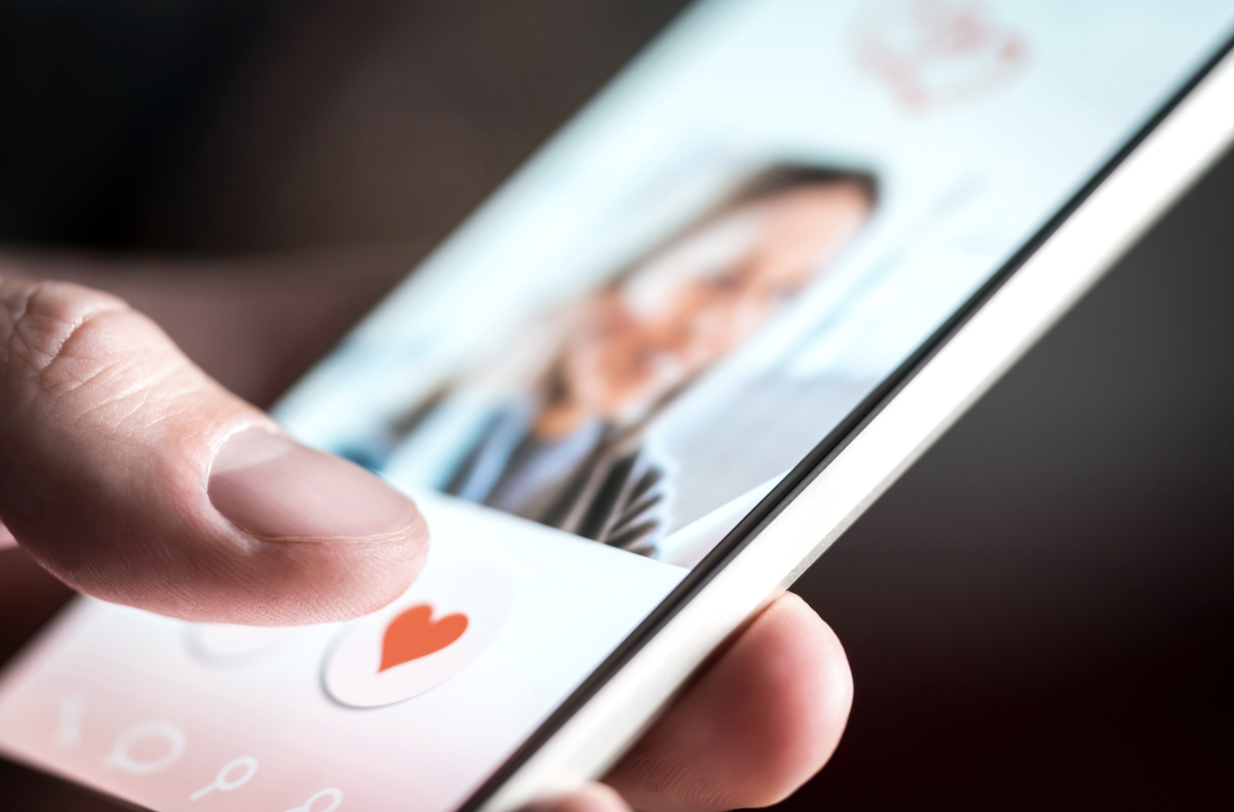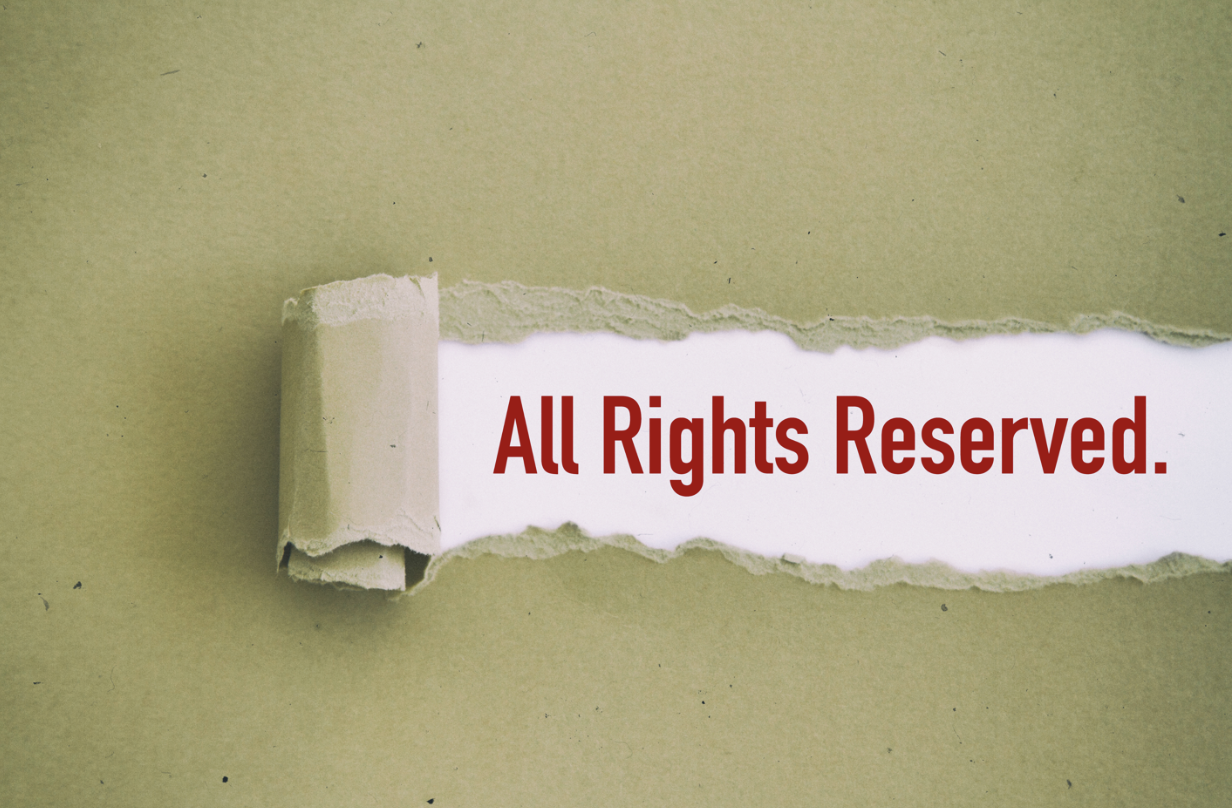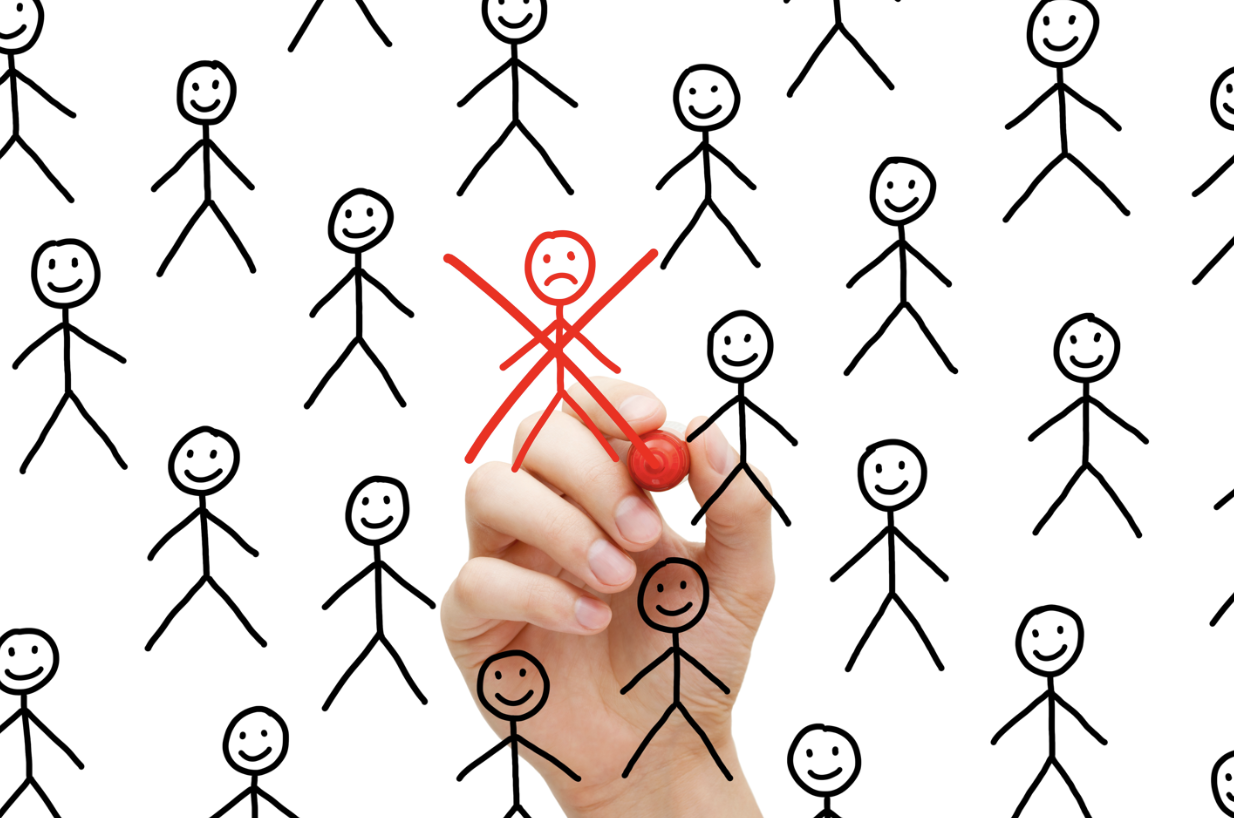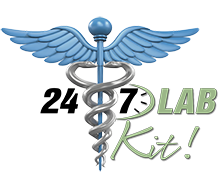Dating with HIV: How Soon Should I Disclose My Status?

Dating with HIV can bring up a range of emotions and uncertainties. One of the most common concerns is when and how to disclose your HIV status to a potential partner.
Now, let’s be clear. In certain states, you must legally disclose your status before sexual intercourse with someone. But up until that point, the ball is in your court regarding when and how you disclose.
This decision is deeply personal and can be influenced by various factors, including the level of trust, comfort, and legal considerations. There is no one-size-fits-all answer, and it’s important to approach the topic with honesty, empathy, and respect for both you and your potential partner.
Finding the strength to embrace your truth and openly communicate your HIV status is an empowering act of self-acceptance. It is crucial to remember that you are not defined solely by your diagnosis and that your worthiness of love and connection is not diminished in any way. In recognizing this, life will hopefully guide you toward finding a partner who appreciates and supports you for your entirety.
Is There A Right Time?

Determining the right time to disclose your HIV status can be perplexing, as there is no universal answer. Each person’s circumstances and relationships vary, and trust in your intuition is vital. It is important to take your time, allowing the connection between you and your potential partner to deepen gradually. Establishing trust and understanding is paramount, as it will enable both individuals to navigate this delicate topic with empathy and compassion.
First and foremost, it’s crucial to remember that disclosing your HIV status is ultimately your choice. You have the right to decide when and how you share this information. It’s important to prioritize your well-being and mental health throughout this process.
Take the time to educate yourself about your rights and the legal implications surrounding HIV disclosure in your country or region. As we said above, certain states have HIV-specific laws, so understanding the legal landscape can help you make informed decisions about disclosure.
When it comes to deciding when to disclose your HIV status, there is honestly no fixed timeline. Some individuals prefer to disclose early on in the dating process, even before the first date, to ensure that everyone is on the same page from the beginning. This approach allows both parties to make an informed decision about continuing the relationship. On the other hand, some people prefer to establish a deeper connection and level of trust before sharing their status. This may involve waiting until the relationship becomes more serious or intimate.
When preparing to discuss your HIV status, consider the setting and atmosphere. Choose a comfortable and private location where both of you can speak openly and without distractions. Begin the conversation by expressing your feelings, fears, and hopes. Share your journey, emphasizing the progress made in HIV treatments and the ways you actively manage your health. Encourage your partner to ask questions and express their own thoughts and concerns.
What to Prepare For

If we’re being honest, you may want to prepare for a range of responses when disclosing your HIV status. We can never control others’ emotional responses, and some individuals may require time to process the information and educate themselves further. In contrast, others may already possess a wealth of knowledge about HIV.
Be prepared for a variety of reactions, both positive and negative. Remember to approach each response with empathy and understanding and demand the same in return. Offer resources and support if needed, and allow your partner the space to ask questions and seek clarification.
Once you have disclosed your HIV status, allow the relationship to evolve naturally. Emphasize the importance of open communication and reiterate your commitment to maintaining a healthy and safe environment. Continue building trust and sharing experiences, fostering a connection that goes beyond HIV status. Remember that love can flourish, even amidst the challenges life presents.
Dating with HIV requires patience, self-love, and an understanding that timing is a profoundly personal decision. Trust your instincts and the connection you share with your partner. Embrace the beauty of vulnerability and open communication, allowing it to deepen your connection. Remember, disclosing your HIV status is not a reflection of your worthiness of love but rather a testament to your courage and authenticity.
It’s worth noting that disclosing your HIV status doesn’t necessarily have to be a one-time conversation. It can be an ongoing dialogue where both partners can openly discuss their feelings, concerns, and any additional information that arises. Communication is key in building a healthy and trusting relationship, especially when navigating complex topics such as HIV.
Fear of Rejection

The fear of rejection is a common concern when it comes to disclosing HIV status. That said, think of it this way: rejection is a possibility in any relationship, regardless of HIV status.
No matter how long the process takes, your honesty will help you find partners who are understanding, supportive, and willing to learn more about HIV. The right person for you will respect and accept you for who you are, and by disclosing your status, you allow yourself to form meaningful connections with open-minded and non-judgmental people.
Support systems can play a vital role when navigating dating with HIV. Seek out communities, support groups, or online forums where you can connect with others who have similar experiences. These spaces can provide valuable insights, advice, and emotional support from individuals who have faced similar challenges. Connecting with others who understand your journey can help alleviate the feelings of isolation and empower you to make informed decisions about disclosing your status.
You Are More Than Your Status

Dating with HIV can be challenging, but it’s important to remember that you are not alone. Contact healthcare professionals, counselors, or therapists specializing in HIV and relationships. They can guide you, help you navigate the complexities of dating, and address any emotional concerns.
Sexual health is wealth, so remember to prioritize safe sex to protect yourself and your partner from contracting or passing on an STD. That said: frequent testing is key, especially if you have multiple or new sexual partners.
Testing can help identify any infections early on, allowing for prompt treatment and reducing the risk of transmission. If you want to skip the long lines, appointments, and in-person visits, consider 247Labkit for your testing needs and requirements.
With a range of STD tests spanning HIV to Chlamydia, 247Labkit offers cut-above service that prioritizes accuracy, privacy, and comfort.







Comments are closed